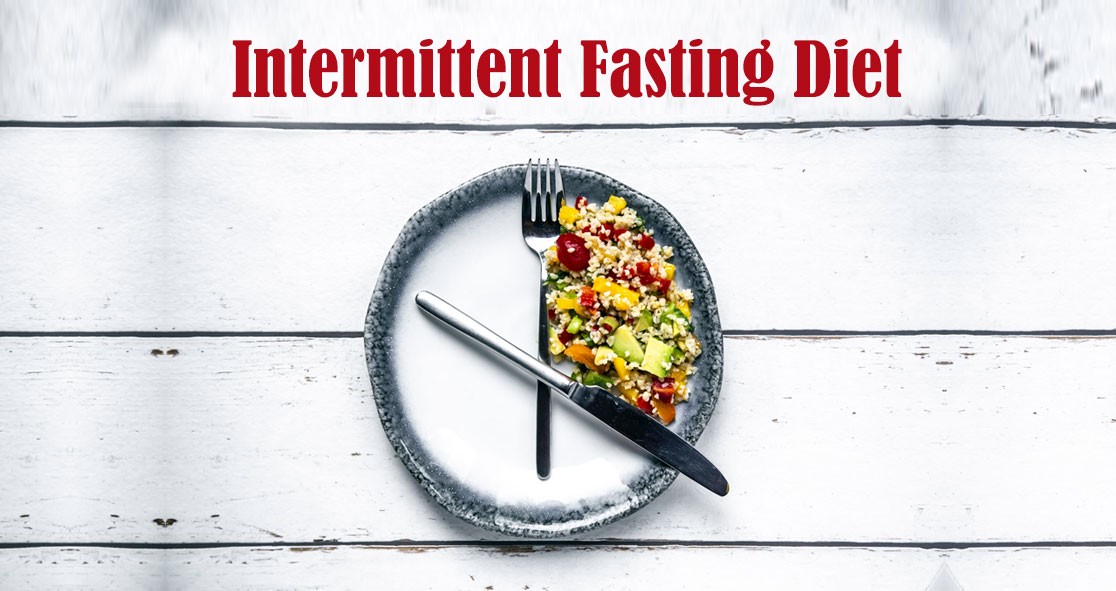Women with gestational diabetes can prevent the onset of type 2 diabetes by losing weight. However, finding the most effective way to shed those pounds could be challenging for a new mother.
Now, a study from the researchers of the University of South Australia has suggested that the popular intermittent fasting diet, aka 5:2 diet, is effective for women with gestational diabetes, enabling them greater choice and flexibility when it comes to weight loss, according to Science Daily.
In the intermittent fasting diet, people eat normally for five days a week and then substantially restrict their calories over two days a week; hence, called 5:2.
Worldwide, at least one in five pregnancies are affected by gestational diabetes. And these women have a ten-fold risk of developing type 2 diabetes later in life. Plus, women who have had gestational diabetes and are also obese or overweight are at a much greater risk.
Lead author Dr. Kristy Gray said the finding would be greatly welcomed by women who are looking to lose weight.
“Gestational diabetes is the fastest-growing type of diabetes in Australia, affecting 15% of pregnancies,” she explained. “Healthy eating and regular physical activity are recommended to manage gestational diabetes, with continuous energy restriction diets — or diets that cut calories by 25-30% — being the most common strategy for weight loss and diabetes prevention.”
“The trouble is, however, that new mums often put themselves last — they’re struggling with fatigue and juggling family responsibilities — so when it comes to weight loss, many find it hard to stick to a low-calorie diet,” Dr. Gray added.
“The 5:2 diet may provide a less overwhelming option. As it only cuts calories over two days, some women may find it easier to adopt and adhere to, as opposed to a consistently low-calorie diet requiring constant management.”
She noted, “Our research shows that the 5:2 diet is just as effective at achieving weight loss as a continuous energy-restricted diet in women who have had gestational diabetes, which is great because it provides women with greater choice and control.”
“Of course, women should seek advice from a health professional before commencing this type of diet, to make sure that it is suitable for them,” Dr. Gray concluded.
The researchers compared the effects of the 5:2 diet with a continuous energy-restricted diet on weight loss and diabetes risk markers in women who were previously diagnosed with gestational diabetes.





















